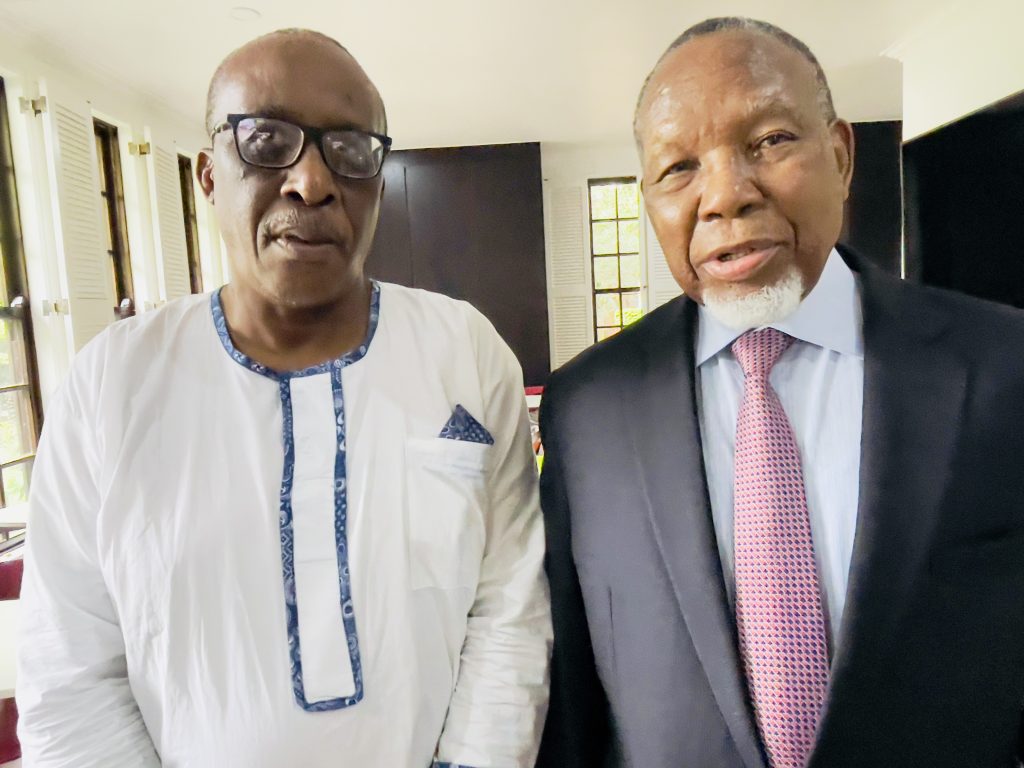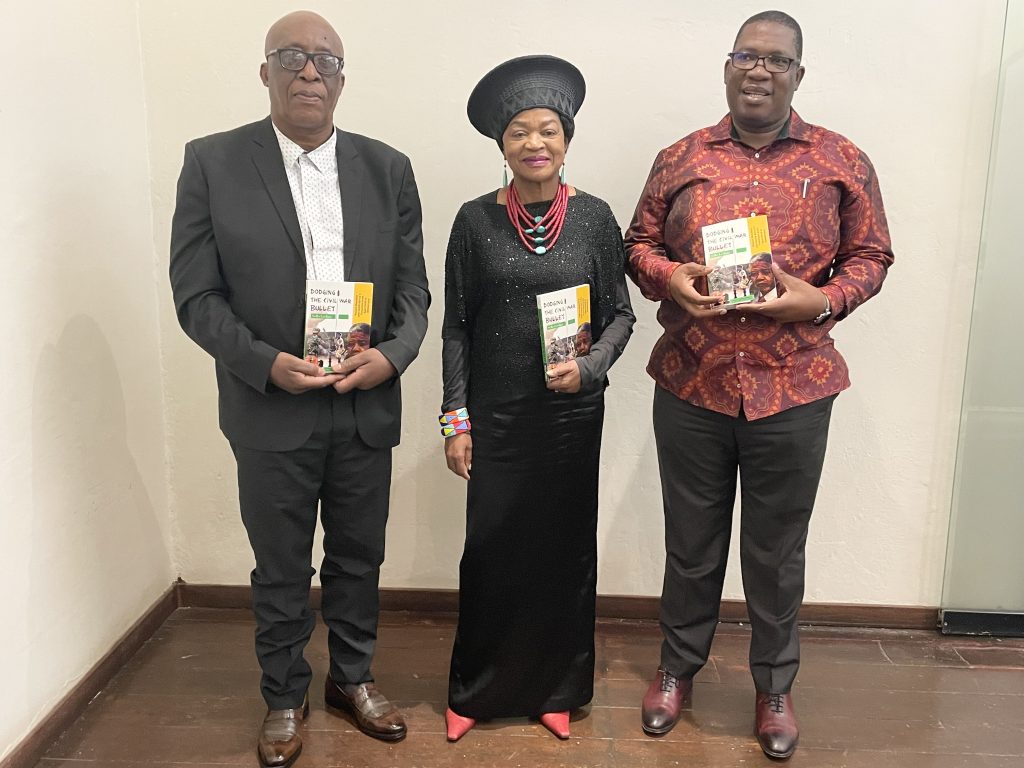By Saul Molobi
In the spirit of “Sankofa,” we look to the past as a well of wisdom, inspiration, guidance and practical lessons to navigate the nation’s current challenges and chart a strategic path for the future. Applying this symbolism of Sankofa to leadership in South Africa, the nation’s rich history – as eloquently captured in Sello Lediga’s recently published book, “Dodging the Civil War Bullet: Nelson Mandela and South Africa’s Transition from Apartheid to Democracy”, offers profound guidance on navigating the challenges of the present – such as the current energy crisis, ballooning unemployment rate, racial polarisation, and hopelessness. The Foreword to the book was written by H.E. Mr Kgalema Motlanthe, former president of South Africa.
The leadership lessons of resilience, reconciliation and unity learned from the struggle against apartheid can inform the development of multisectoral and multistakeholder innovative and sustainable socio-political solutions. By drawing from the past, South African leaders can address these challenges, fostering progress and prosperity for a more promising tomorrow.

The South African private sector has a critical role to play. The role they played in facilitating engagement, known as “secret talks,” between the apartheid government and the banned African National Congress (ANC) from 1985, stands as a testament to the power of dialogue and collaboration in overcoming seemingly insurmountable challenges. This is the subject matter of Sello Lediga’s magnum opus, “Dodging the Civil War Bullet: Nelson Mandela and South Africa’s Transition from Apartheid to Democracy”.
During the height of apartheid, when political tensions were at their peak and official channels for communication between the government and the ANC were closed, certain influential figures within the South African private sector recognised the urgent need for dialogue to address the country’s deep-rooted divisions and pave the way for a peaceful transition to democracy.

These individuals, often operating discreetly and under considerable risk, initiated backchannel discussions between representatives of the apartheid government and key members of the ANC leadership who were in exile or underground. These discussions, held away from the public eye and shielded from the glare of international scrutiny, allowed for frank and constructive exchanges aimed at exploring potential pathways to reconciliation and political reform.
The private sector’s involvement in these secret talks played a crucial role in building trust and fostering an atmosphere of mutual respect between the opposing parties. By providing a neutral space for dialogue and acting as intermediaries, business leaders helped to bridge the gap between the government and the ANC, laying the groundwork for broader negotiations that would eventually lead to the end of apartheid and the birth of a new, democratic South Africa.

Despite the inherent risks and challenges involved, the South African private sector demonstrated remarkable courage and foresight in facilitating these clandestine discussions. Their commitment to promoting dialogue and seeking peaceful solutions to the country’s most pressing issues serves as a powerful example of the positive impact that business leaders can have on society when they choose to use their influence and resources for the greater good.
In hindsight, the role played by the private sector in facilitating secret talks between the apartheid government and the ANC stands as a shining example of the transformative potential of dialogue and cooperation in resolving conflict and building a more inclusive and equitable society. It serves as a reminder that, even in the face of seemingly insurmountable obstacles, individuals and organisations can make a meaningful difference by coming together in pursuit of a common goal: peace, justice, and reconciliation.

